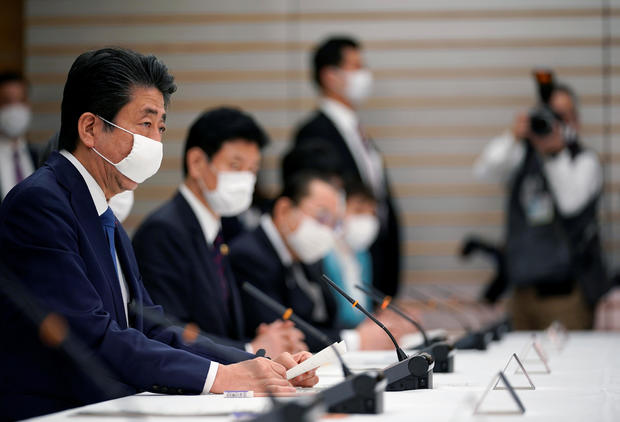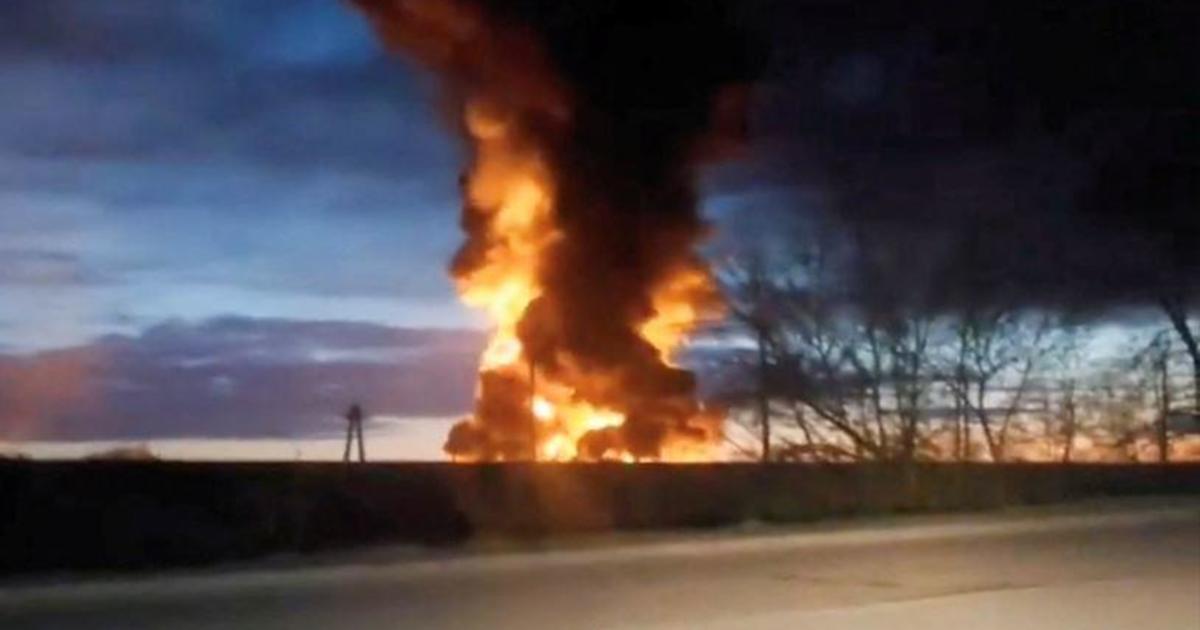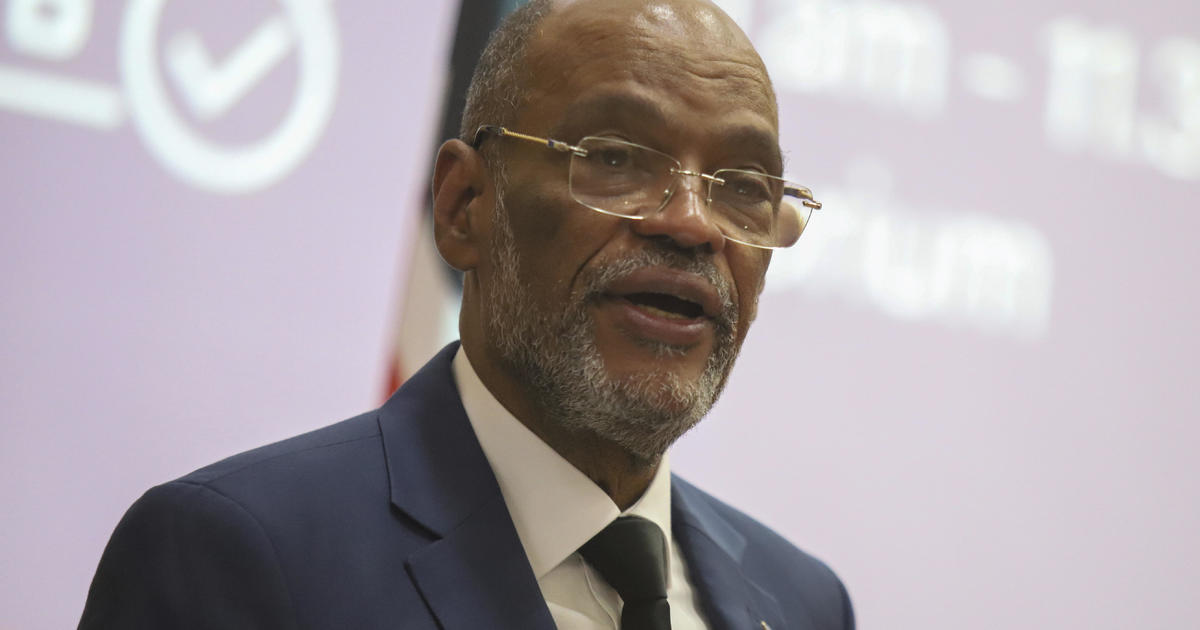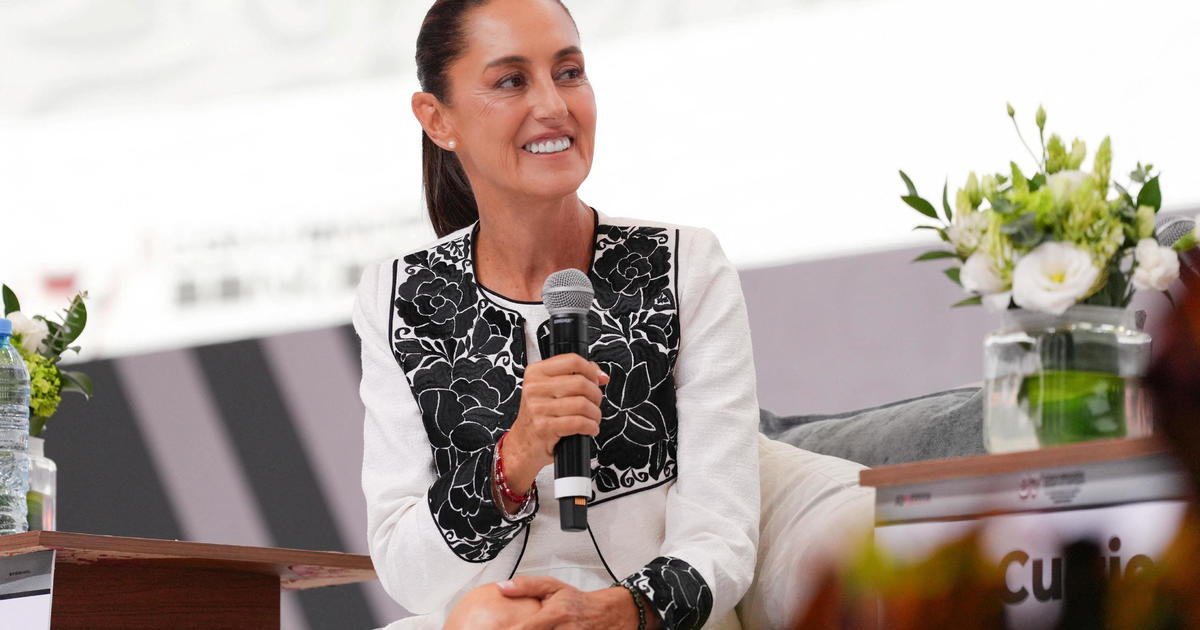Japanese leader declares state of emergency as COVID-19 spreads
Tokyo — In what was seen as a long-awaited bow to the inevitable, Japanese Prime Minister Abe has announced he will declare a national state of emergency over the growing coronavirus epidemic in the country. To take effect Tuesday, the action will cover most of Japan's densely populated metro areas — Tokyo and the surrounding prefectures of Chiba, Saitama and Kanagawa; and Osaka, Hyogo and Fukuoka to the west.
The seven jurisdictions have a combined population of 55.9 million — accounting for about one out of every two Japanese residents.
Reports say the government had considered shutting down for up to six months, but Abe said the declaration will be in force for one month, until May 6.
Tokyo is among ten localities logging over 100 coronavirus cases each; Tokyo alone has exceeded 1,000 infections, doubling its cases in less than a week.
Local governors, the Japan Medical Association and others have been urging a shutdown, warning that waiting for cases to spike risked the collapse of the national health care system. The prospect of a skyrocketing rate of infection was a particularly grim prospect for the world's fastest-aging country.
"We need your cooperation to prevent an explosive surge," Abe said in a brief news conference Monday evening, appealing to residents for calm and making a point of saying Japan's shutdown would be far less heavy-handed than lockdowns seen in the U.S. and Europe.
"If you ask me if we can enforce a lockdown like France, the answer is no," Abe told a meeting of Japan's legislature last week.
Most of the measures being taken are "requests" for restraint. Residents are being asked to work from home and leave only for essentials, like buying food and seeing the doctor, aside from taking a walk. Essential businesses like supermarkets and drug stores will stay open.
Department stores, coffee shops and retail chains had already started to voluntarily shut down in recent days, as Tokyo's case numbers continued to rise at an alarming clip.
Hokkaido Prof. Hiroshi Nishiura, who has run epidemiological models for the Health Ministry, told the Nikkei Shimbun newspaper last week that Japan's voluntary measures don't go far enough and that drastic western-style restrictions to enforce social distancing were essential to stave off disaster.
But civil liberties protections in Japan don't allow authorities to issue jail terms or fines for non-compliance, so a heavy dose of peer pressure and the weight of the emergency declaration are being deployed instead as a cudgel. To get the message across, especially to younger residents, the city of Tokyo is said to be considering deploying civil servants and police to haunt major transit terminals and shopping areas, politely collaring pedestrians and urging them to stay home.
Small bars and restaurants in areas like Kabukicho, a district honeycombed with dive bars and seedy shops akin to Times Square, will also be asked to voluntarily close their doors. An especially high priority target for the city is shuttering drinking spots, karaoke rooms, pachinko (pinball) parlors and cabarets. These kinds of intimate, crowded and cramped establishments have accounted for a disproportionate number of infections among their workers and clientele in recent weeks.
Still, public transit, including bullet trains, will keep running, albeit likely on a reduced schedule, and roads will remain open. Banks, seen as essential infrastructure, will operate, as will the Tokyo Stock Market.
To blunt the pain of the shutdown, Abe said a stimulus package worth $989 billion — equal to nearly one-fifth of GDP — would be announced Tuesday.




